India Will Call the Nuclear Bluff of Terror Sponsors: Lt Gen Khandare
India is no longer willing to draw distinctions between non-state actors and the states that sponsor them. And if those states seek cover behind the threat of nuclear escalation, India is prepared to call their bluff. That’s the blunt message from Lieutenant General Vinod Khandare (Retd), Principal Adviser to the Ministry of Defence, in the inaugural episode of The Sandeep Unnithan Show.
In a candid and far-reaching conversation with veteran defence journalist, military historian and author Sandeep Unnithan, Lt Gen Khandare laid bare the key shifts in India’s national security mindset — signalling a confident, integrated, and future-ready military posture, aligned with the country’s development vision for 2047.
Here are ten takeaways from the episode:
1. Terrorism and the State Are One
“We will no longer distinguish between non-state actors and the states that support them.”
This, Lt Gen Khandare said, is the most important shift in India’s thinking since the early 2000s. The attacks of 26/11 had shown India the cost of inaction. Surgical strikes (2016) and Balakot (2019) marked turning points. But in Operation Sindoor —India crossed even deeper into enemy territory. This signalled a doctrinal change: if you harbour terrorists, you're equally culpable.
2. India Is Ready to Cross the Old Nuclear Red Lines
“That fear — that we won’t respond because of nuclear escalation — that assumption is gone.”
Lt Gen Khandare noted that the Pakistani establishment used its nuclear posture to deter Indian responses in the past. But not anymore. From the Indian Air Force’s deep-penetration raids to DGMO-level ceasefire calls, India has shown it's willing to challenge these thresholds if pushed.
3. Calibrated Escalation Is the New Norm
India’s evolving conflict doctrine now includes “initiation, management, and termination” phases — ensuring military retaliation is precise, time-bound, and designed to create diplomatic space for de-escalation. This model avoids full-scale war while delivering a message of resolve.
4. Civilians Must Be Prepared Too
“Bomb shelters should be a feature in every Indian home.”
Lt Gen Khandare cited examples from Israel and Moscow to underline that modern war doesn't spare civilians. After recent airstrikes, Pakistani retaliation targeted civilians — including a gurdwara in Poonch. Civil defence is now part of national defence.
5. Theatre Commands Will Break Silos
India’s long-overdue move to **Integrated Theatre Commands** will allow Army, Navy, and Air Force units to plan and fight together.
“Modern war is joint, fast, and across domains — from cyber to space.”
Lt Gen Khandare explained that seamless coordination will replace the ‘siloed’ model of separate service commands, enabling faster and more effective responses.
6. India Relies on Doctrine, Not Just Technology
“We are a developing country — we won’t always have top-end weapons. But we will have training, tactics, and clarity.”
Lt Gen Khandare pushed back against what he called “equipment fetishism” — the obsession with shiny new gear. He pointed instead to superior planning, intelligence, and doctrine as equal, if not greater, force multipliers.
7. Indigenisation With Global Partnerships
While he praised indigenous systems like **BrahMos**, Khandare admitted that India still needs strategic tech partners. The lesson from **Operation Sindoor**, he said, was to combine homegrown capability with smart alliances.
“We don’t want to be dependent — but we also can’t isolate ourselves from global tech flows.”
8. India Needs to Revive Its Civilisational Strategic Thought
“Atma Bodh. Shatru Bodh. Understand yourself. Understand your enemy,” stated Lt Gen Khandare. Citing Kautilya and the Mahabharata, Khandare urged young Indians to break out of utopian pacifism and embrace a realistic, historically informed view of security.
9. Control the Narrative, Protect the Truth
“Why should we announce our losses? Who does that serve — us, or our enemies?”
The Lt Gen made a strong case for discretion in releasing military information. He quoted Chanakya: reveal only what is useful. This applies not only to adversaries but also to defence commerce actors who may exploit India’s transparency for profit.
10. Defence Is a Whole-of-Nation Responsibility
“Security isn’t just the military’s job. It’s political, industrial, informational, and societal.”
Lt Gen Khandare concluded with a call for an all-of-government approach. From ministries and think tanks to veterans and civil society, India’s national security now depends on alignment across all fronts.
To watch the full conversation and gain deeper insight into India’s evolving defence doctrine, click the link to watch the first episode of The Sandeep Unnithan Show featuring Lt Gen Vinod Khandare. It’s a compelling look at how India is preparing—quietly but decisively—for a turbulent world.
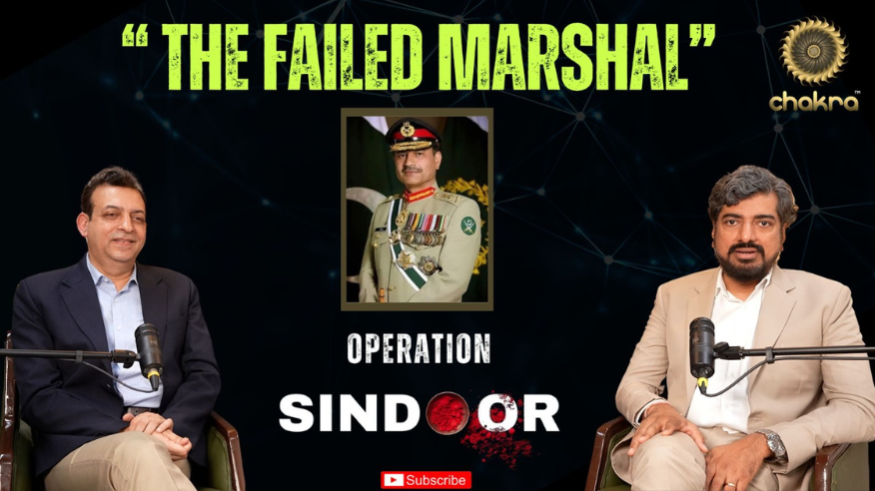

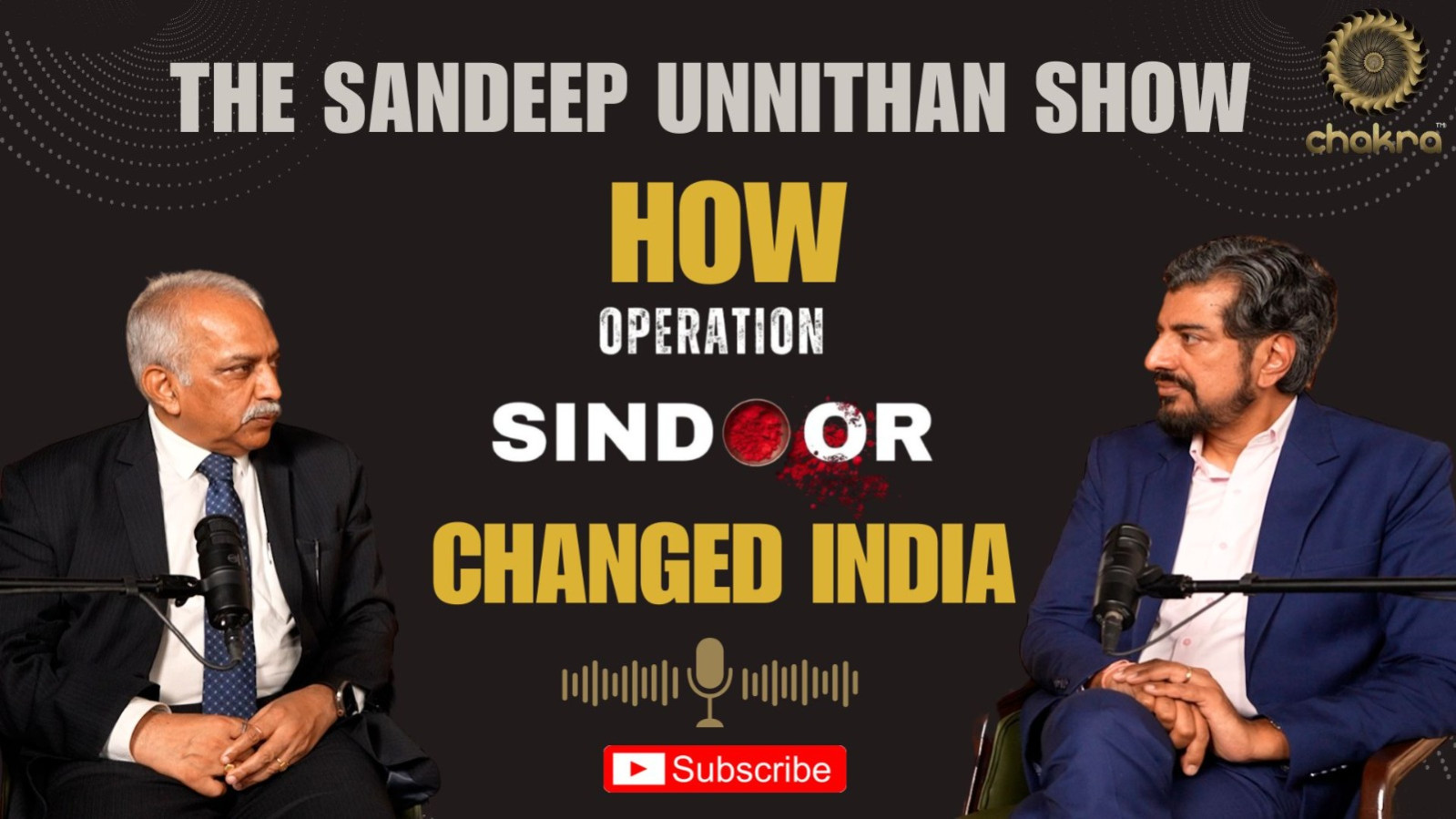
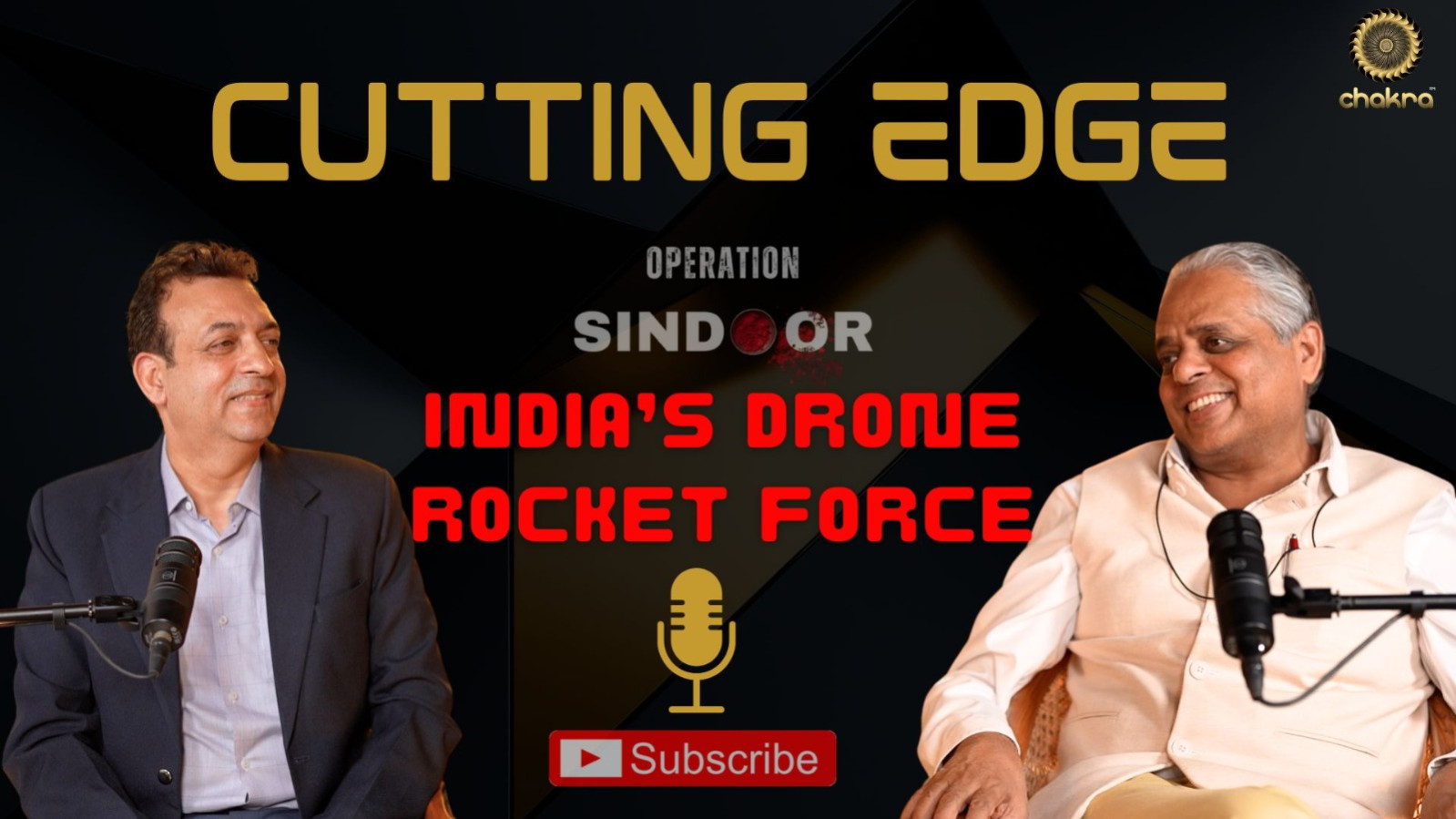
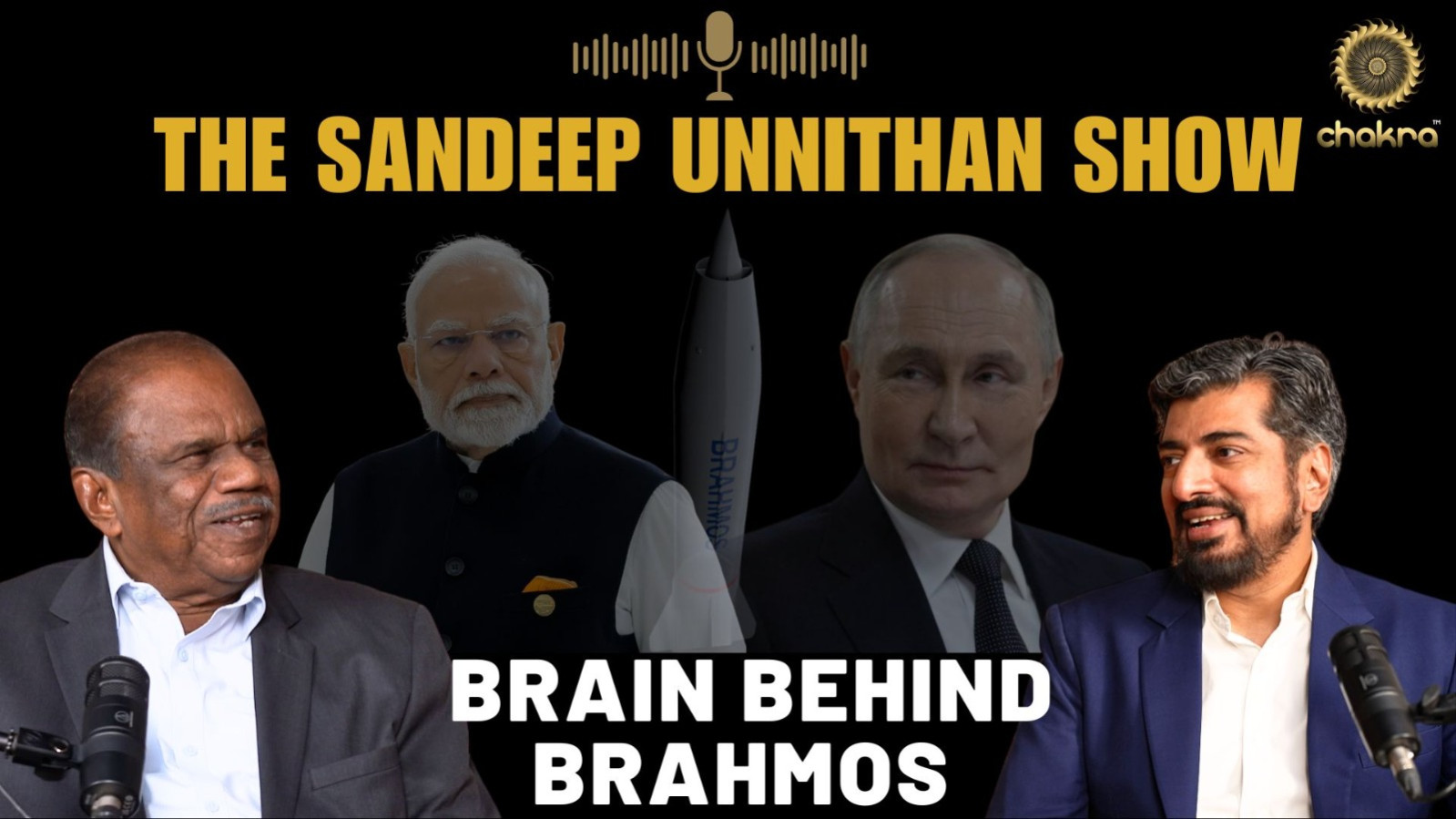





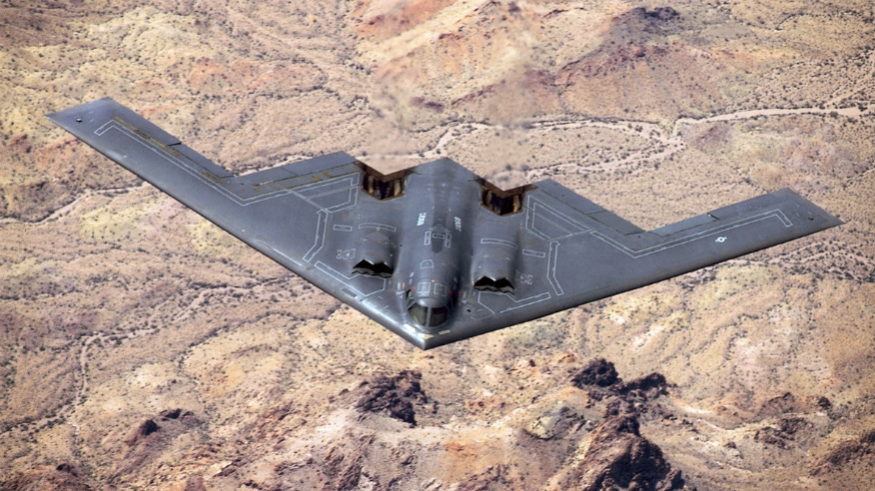

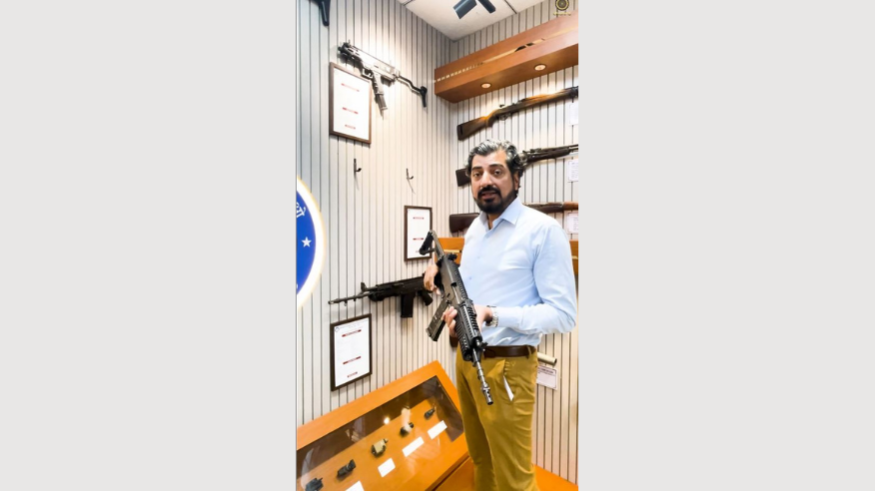


Comments